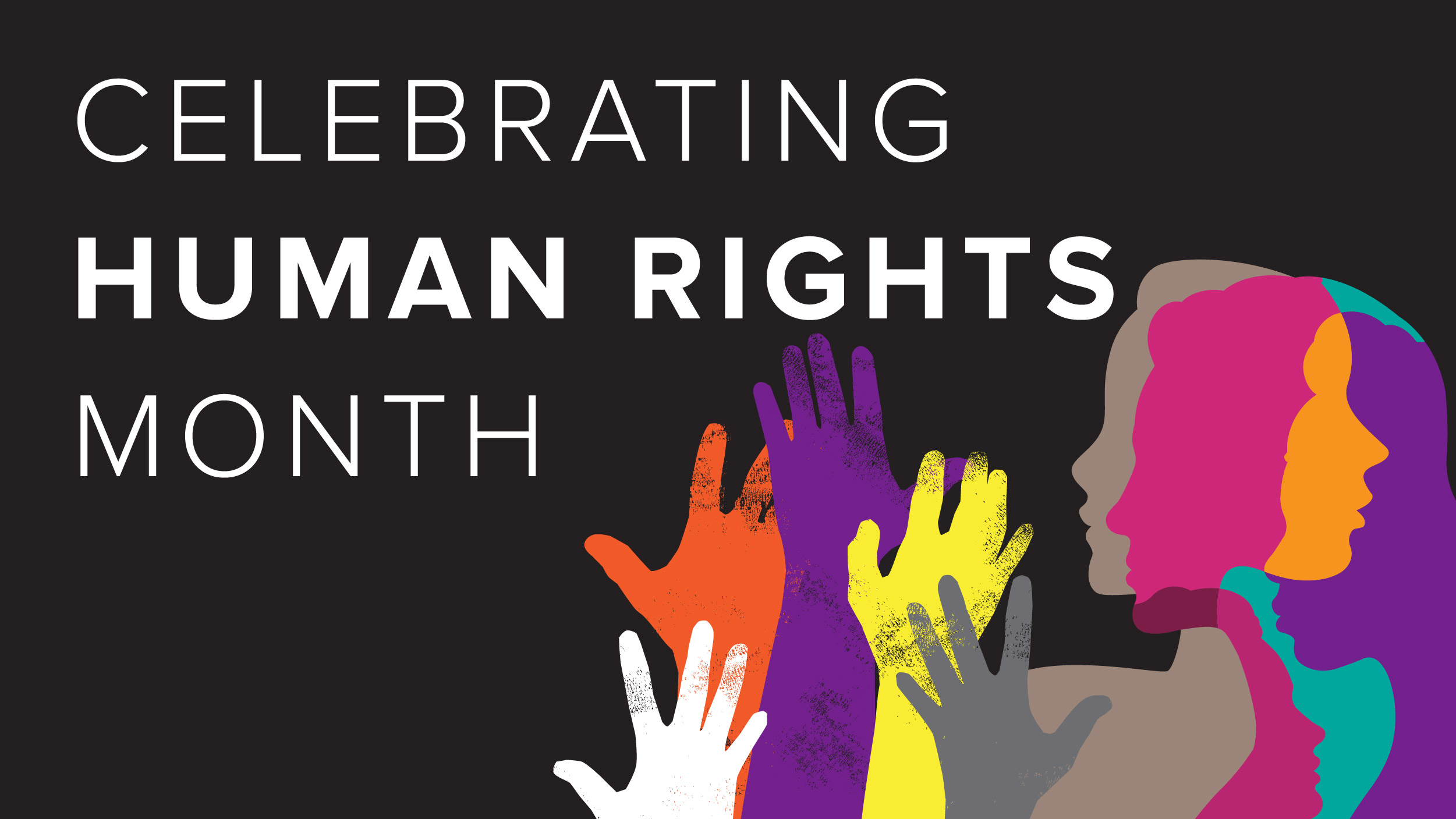President Signs Fourth Coronavirus Relief Bill into Law Authorizing an Additional $483 Billion
President Signs Fourth Coronavirus Relief Bill into Law Authorizing an Additional $483 Billion
The President has signed into law a fourth supplemental relief package to provide up to $483 billion in additional funding. The bill is being called the “Paycheck Protection Program and Health Care Enhancement Act” and is an extension of the benefits included in the $2 trillion CARES Act, which is the third and largest Coronavirus Stimulus Package signed into law on March 27. This new bill does not extend the amount of relief available for those who have already tapped into relief program funds, rather it extends the programs to provide greater coverage.
The $483 billion package includes:
- $321.3 billion in additional appropriations for the Paycheck Protection Program (PPP). The bill has also slightly modified the program to set some funds aside to specifically support loans issued by smaller lenders. Large lenders have cautioned that they are now moving out almost $50 billion a day in PPP small business loans, indicating that even with the additional funding they will likely run out of cash well before they are able to provide relief for all qualifying entities through June 30 (the period stipulated in the CARES Act). Congress may even need to extend benefits beyond June 30 given the continued economic closure of the country.
- $60 billion for the Economic Injury Disaster Loans (EIDL) program. This funding will be used for separate disaster loans to small businesses, to be administered by the Small Business Administration’s Economic Injury Disaster Loans (EIDL) program. This program provides grants of up to $10,000 for qualifying small business entities. It is important to note that PPP payments are reduced by EIDL payments).
- $75 billion for hospitals administered through the Public Health and Social Services Emergency Fund. The money could be used to reimburse providers for coronavirus-related expenses and lost revenue.
- $25 billion for Covid-19 testing administered through the Public Health and Social Services Emergency Fund. Testing for active infections and previous exposure are both eligible.
This bill is being viewed as an interim step as Congressional leaders and the White House continue to negotiate a path forward. House Democrats are arguing that the rapid drawdown of the initial $350 billion PPP funds indicates that Congress must move to a longer-term relief/stimulus package with additional funding quickly. The bipartisan National Governors Association has already requested an additional $500 billion in funding to meet state-level budget shortfalls and emergency response needs, and Rep. Derek Kilmer (D-Wash.), chairman of the moderate New Democrat Coalition, has proposed $900 billion in additional funding and an extension of PPP benefits through 30 days after the end of the national emergency declaration period.
ASME Government Relations continues to engage with key congressional oversight committees and advocacy coalitions to communicate impacts from the science and engineering community perspective, including disruptions to conferences/events, research operations, and educational activities.





